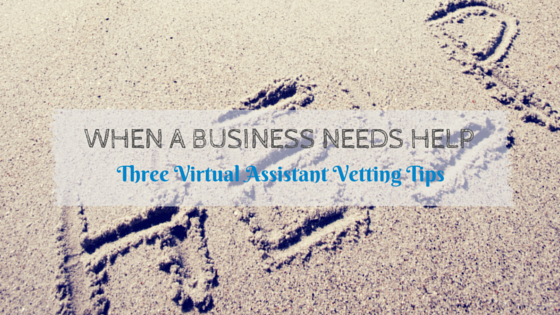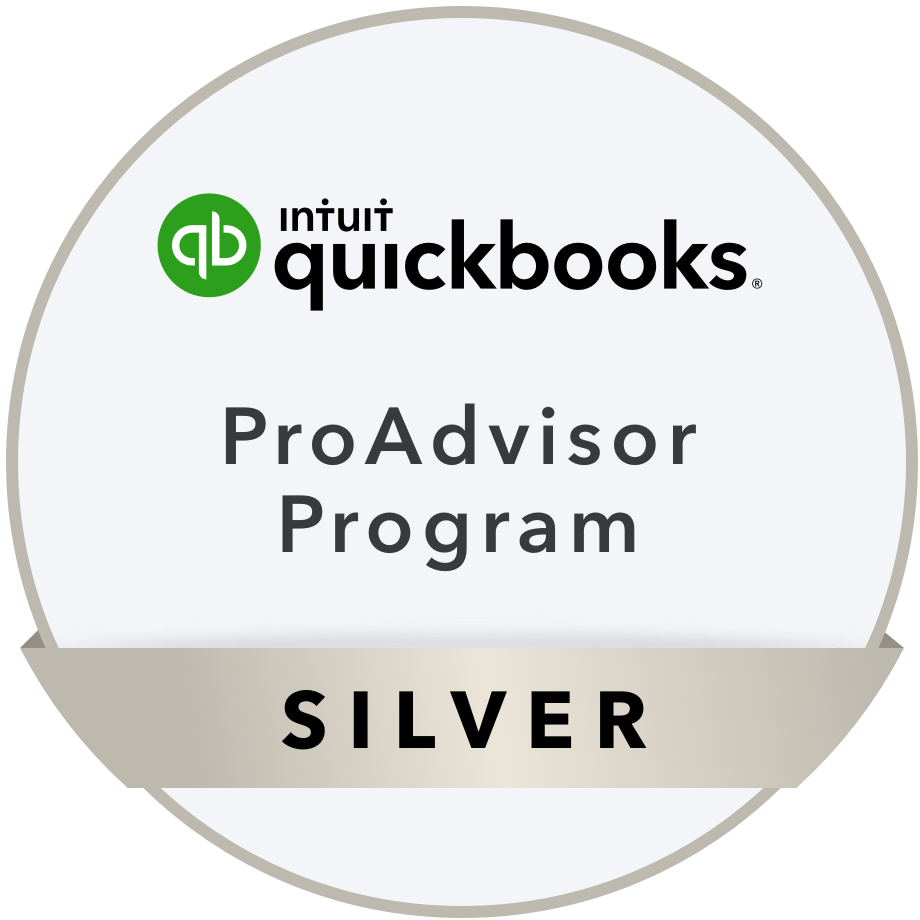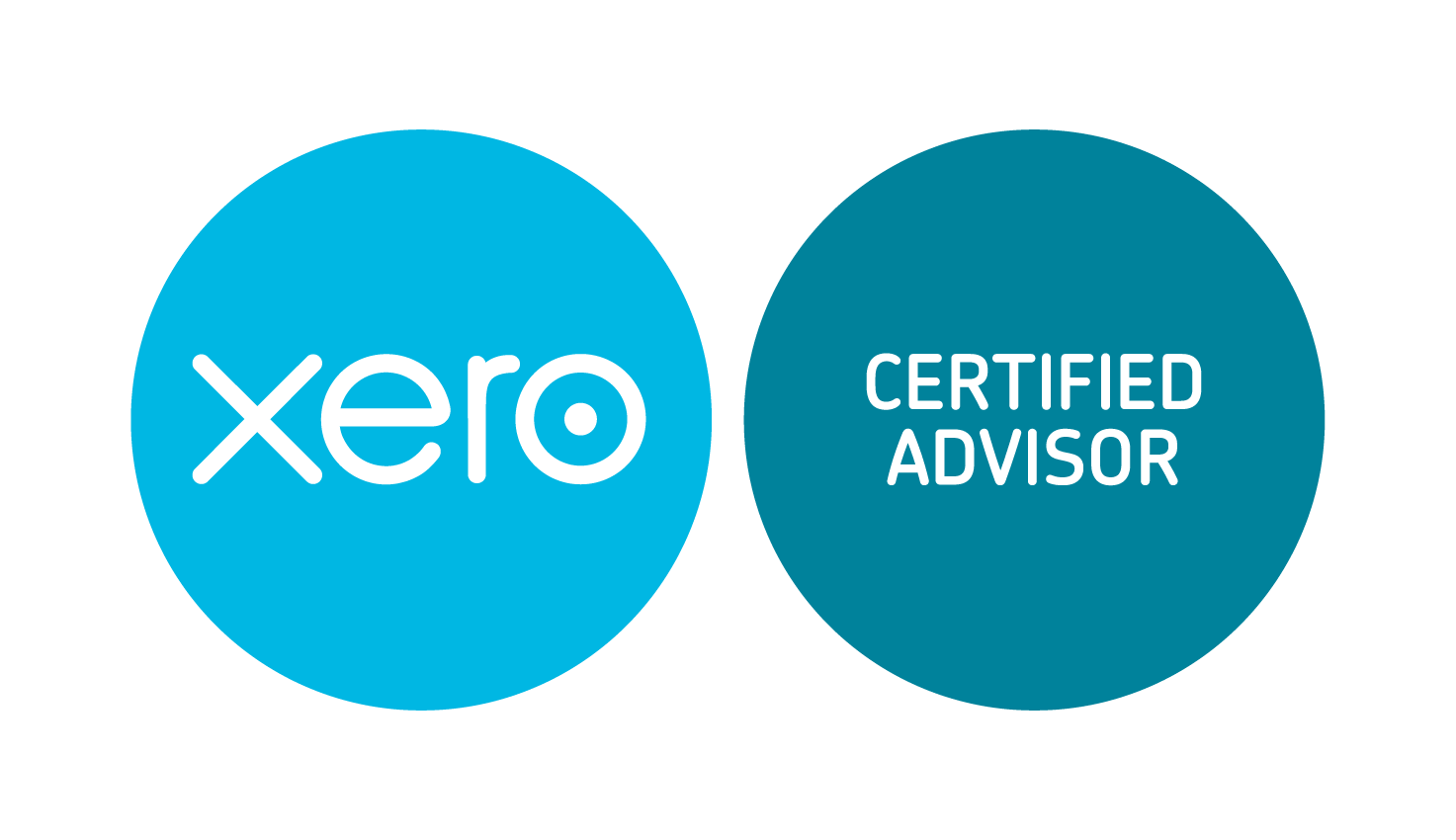[vc_row][vc_column width=”1/1″][mk_custom_box bg_color=”#466f73″ bg_position=”left top” bg_repeat=”repeat” bg_stretch=”false” border_color=”#fff” padding_vertical=”30″ padding_horizental=”20″ margin_bottom=”10″ min_height=”100″]
Do you need help? Read parts one and two of the series here: Three Signs That It’s Time to Get Some Help | Three Types of Help to Choose From
It is important that the Virtual Assistant you choose to work with is a good fit for you and your business. I recommend talking to a few candidates on the phone (or on a video chat) to see if you click with one more than another; it’s important to be able to communicate well with this person, and it helps if you share a similar work philosophy and communication style.
Three Virtual Assistant Vetting Tips
1. Make sure your needs match the VA’s strengths
Think about the type of work you need help with so that you can find a Virtual Assistant whose skills and strengths align with your needs and expectations.
- What industry are you associated with? Some Virtual Assistants might specifically work with your industry (real estate VAs, for example).
- What specialties are you looking for in an assistant? E-commerce, WordPress, social media, graphic design, Infusionsoft? Or do you need help with a little bit of everything from someone who is more of a generalist?
- What strengths do you hope for your Virtual Assistant to have? Do you need someone who can wow people on the phone, who has great email etiquette, or both? Should she be an amazing research assistant? Should he have a knack for travel arrangements and gift recommendations? Should she be specifically talented at juggling multiple crazy calendars and scheduling meetings?
Even if you don’t have a list of all the tasks you want help with, you should be able to come up with some general guidelines and expectations. This will come in handy as you are speaking with potential partners, as you can refer back to your desired qualities and skills throughout the interviewing process.
2. Verify a good reputation
Check the references and referrals of anyone you’re considering partnering with. A seasoned Virtual Assistant should have client testimonials that you can see on his or her website or should be able to send you references upon request. A testimonial should, ideally, have a name and a picture associated with it. Even better if it has a title and a website you can check out!
If the Virtual Assistant is new, you may not find testimonials, but you can still use the rest of the vetting tips to increase your level of comfort before jumping in. We were all new once! If you have a good feeling about the partnership, and everything else checks out, it may be worth it to use a very new VA.
3. Notice your first impression
Pay attention to the process of scheduling your consultation. The candidate should respond to you quickly and professionally. He should proactively offer you all the information you need to get to the next step in the process rather than wait for you to take the lead. She should be able to schedule a call or video conference with you and then show up or call in at the correct time.
Be on the lookout for careless mistakes in communication, passiveness, and a lack of respect for scheduled appointments! These are definitely warning signs that something may be off, even if you came to this person based on a referral from someone you trust.
Bonus Tips
Down to the nitty-gritty. Here are some specific questions you’ll want answers to. You may find these answers on your candidates’ websites, in their client handbooks, in your email communication, and/or on your initial consultation call. None of these questions have a right or wrong answer, but you’ll want to know what to expect when you move forward.
- What is the VA’s availability?
- How can the VA be reached throughout the day?
- What is typical for email response time?
- What is typical for task turn-around time?
- What type of work does the VA specialize in, if any?
- What software/apps is the VA familiar with?
- Does the VA work regular, predictable hours?
- What happens if the VA becomes ill or plans to take a vacation?
- How are the VA’s services priced?
- How does the VA invoice and accept payment?
All of the detailed information you can gather before contracting with a VA will help the beginning of your new partnership go smoothly as your expectations will be in alignment with what your Virtual Assistant can and will do. Hopefully these tips help you sift through the candidates to find the cream of the crop and the best fit for your needs. Next, we’ll be talking about how to measure the value of a Virtual Assistant.
[/mk_custom_box][/vc_column][/vc_row]








Leave A Comment